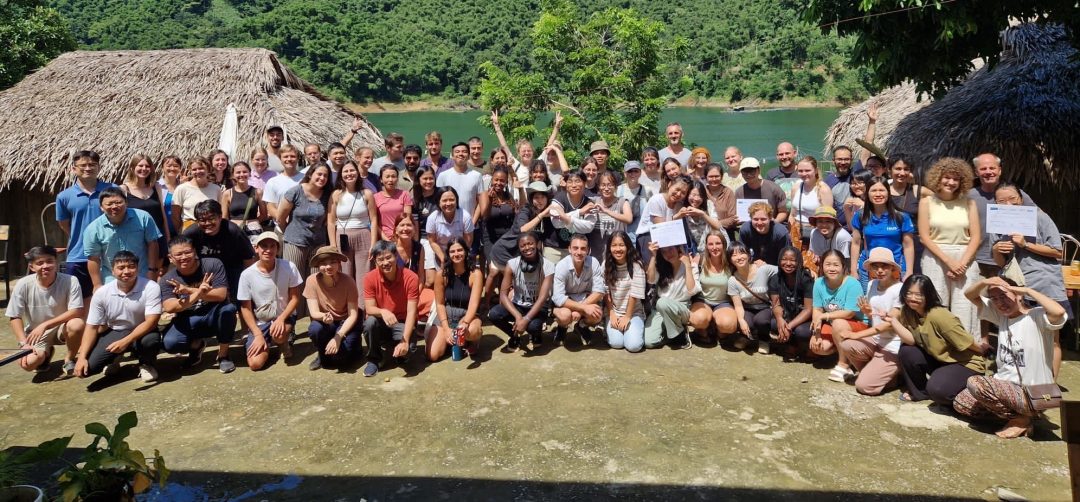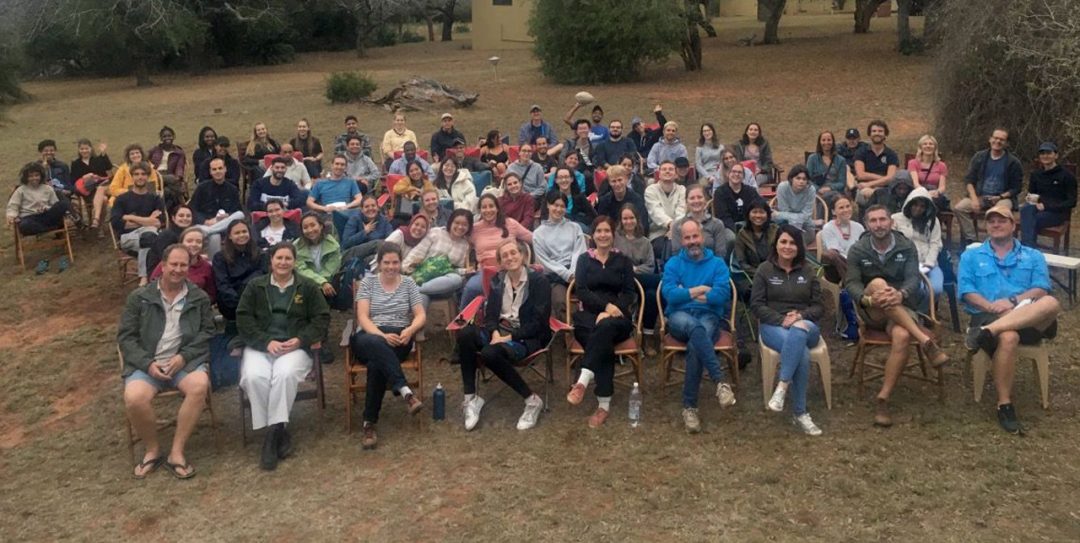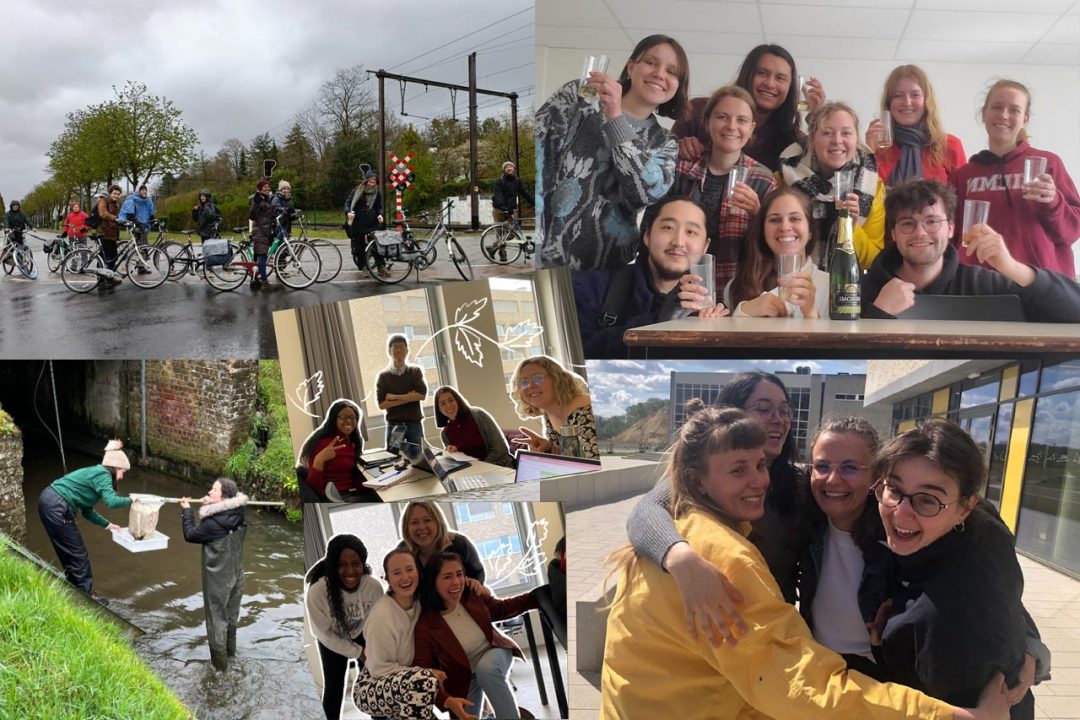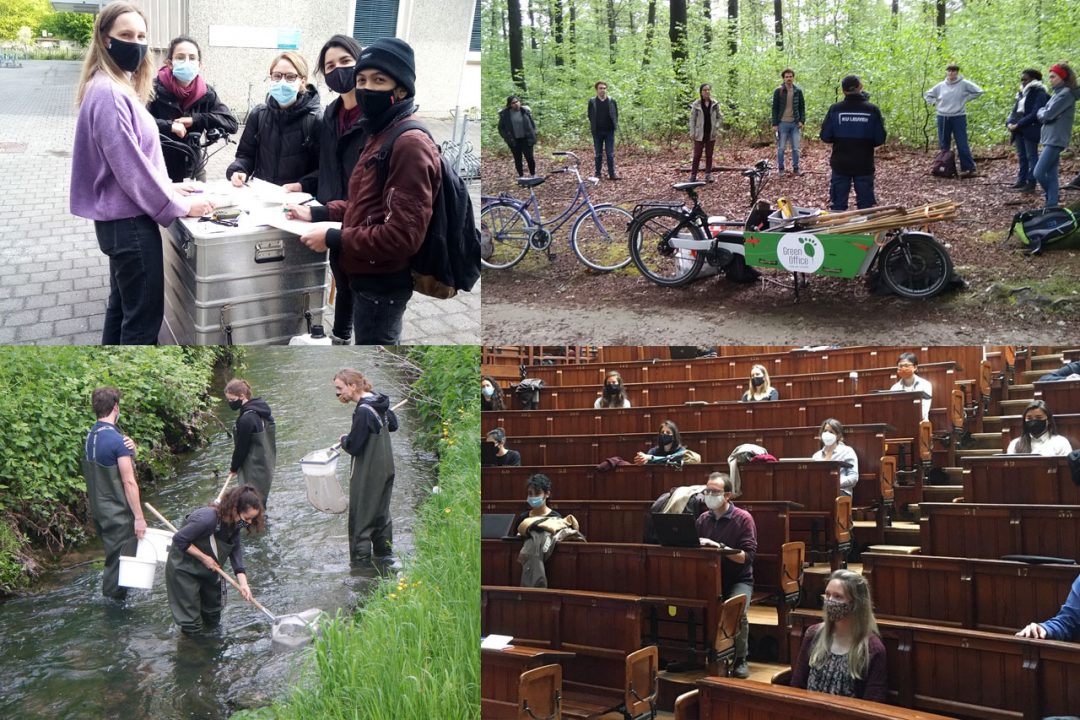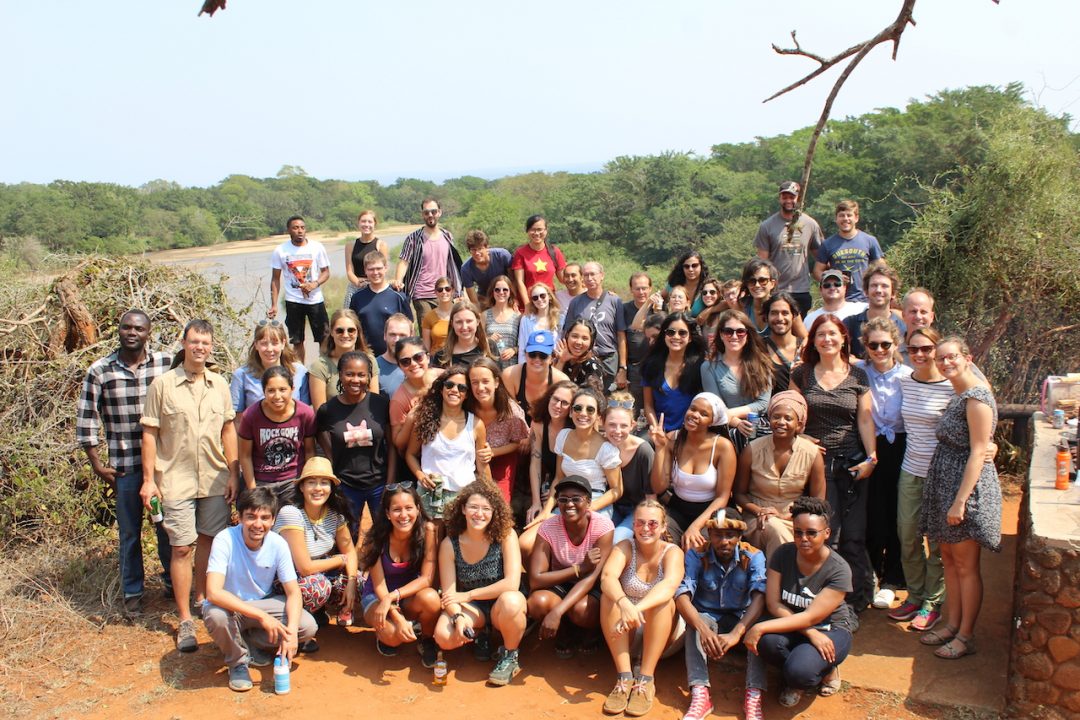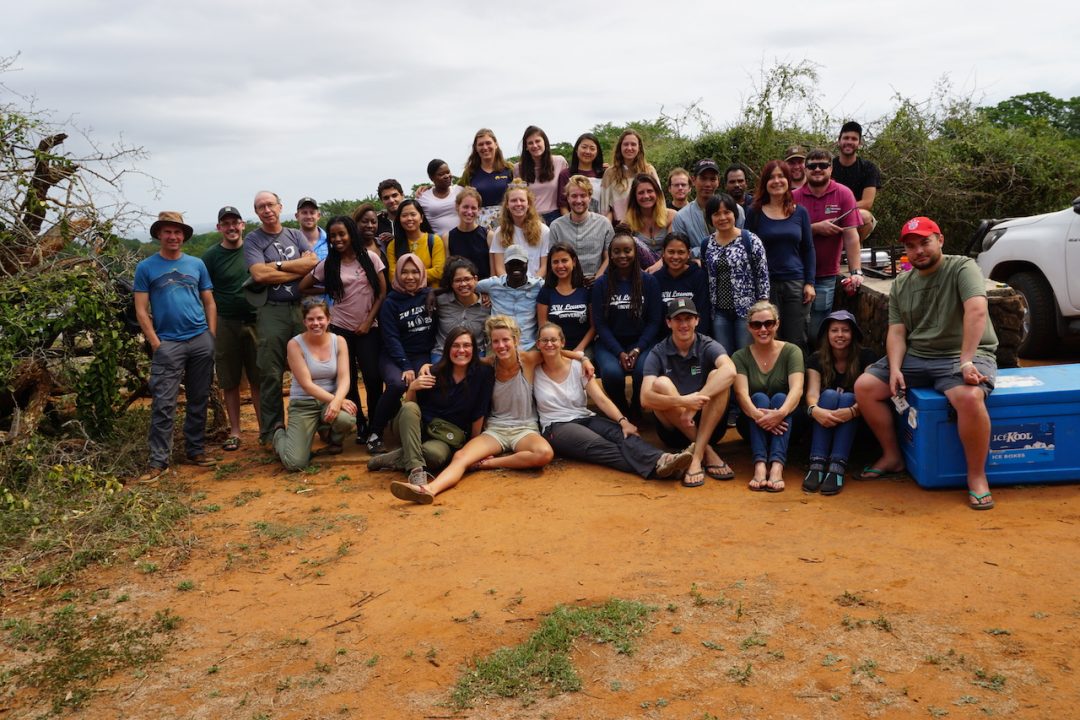Living Lab
What is the Sustainable Development Living Lab?
The Sustainable Development Living Lab is a field course integrated in the ICP master on Sustainable Development in which students work in small teams to develop a sustainable development strategy for a specific region in a Global South.
The overall goal of this Lab is to stimulate the collective exploration of new ideas and the co-creation of solutions for a more sustainable future. It will offer students an exceptional opportunity to connect their studies and training with relevant research on the field and with the most pressing needs of the Global South. During the living lab students will be confronted with real life problems and with key agents of change, including local professors and Global South partners, but also practitioners and policy-makers, development institutions, intergovernmental bodies and representatives of the private sector. In this respect, we highlight the unique combined inter- and trans-disciplinary character of the Sustainable Development Living Lab concept. First, in this Lab, sustainability and development will be addressed having as a backdrop the entanglements between humans and ecosystems. Second, to grasp the complex interplay between sustainability and development, an innovative type of education that goes beyond the wall of the university is required.
This living lab is mobile. It starts from the current ICP core community but also holds the potential of ‘settling’ more permanently elsewhere as an antenna, incubator or spin-off – in, for example, one of our Global South partner institutes.
Our partners
Testimonies
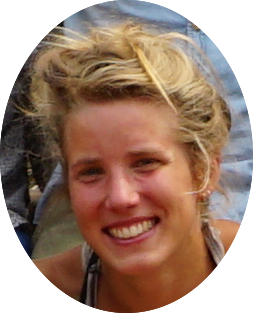
Madelon Libeer
Belgium
The living lab was my first experience in a Global South country. We did not only go to a country in Africa but to one of the most vulnerable and remote areas of South Africa. You always learn how greatly actions from the North impact the South, but to be there in the field and physically realizing it, by just looking around us, made an even bigger impression on me. There is a huge difference in the perception between reading about the situation of certain populations or areas and observing it in ‘real life’. Droughts are one of the main environmental concerns that were expressed by the communities that we have met in South Africa. Due to climate change these droughts are only getting worse. This living lab therefore made me witness first hand how global greenhouse emissions, mainly the responsibility of the Global North, affect the livelihoods of already vulnerable inhabitants in the Global South.
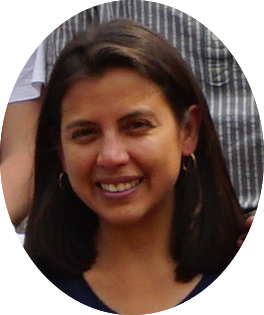
Johana Deza
Peru
Sustainable development is an encouraging concept. Nevertheless, local contexts involve challenges and constraints towards its realisation that are important to consider. The path to sustainable development in the Ndumo area for example will need to deal with the consequences of a national past of racial discrimination that led to poverty and profound inequalities. In this line, I valued that the learning process of the Living Lab promoted critical transdisciplinary thinking, challenging us continually to connect natural and social sciences with the aim to reach a more integral view of the context. For instance, we were monitoring water quality but not without discussing the contextual factors impacting on it, and how disturbed ecosystems impact on people, exacerbating a circle of poverty. Definitely, the Living Lab provided us with a unique experience of collective learning and enhanced capacities towards a better understanding of the challenges that complex local realities face or will have to face towards sustainable development
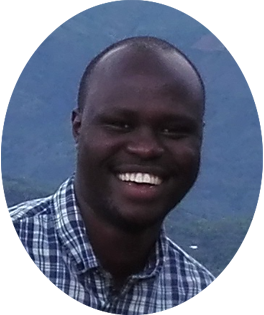
Titus Kipruto
Kenya
The sustainable development living lab was an experience of its kind. We got a chance to put theory into practice and get a first-hand experience of some of the critical sustainability questions facing the global south. From our household visits during the living lab, it became clear that all the local children went to school, at least for the primary education level. Considering that the Ndumo area is certainly not one of the most developed parts of the country, this encounter made me realize that the SDG 4 on quality education can be achieved in developing countries. With the right political will, awareness creation, and good management of education sector resources, this pathway can massively contribute to building sustainable cities and communities because knowledge is empowerment. However, after graduation a lot of the youth remained unemployed, including some parents who lacked access to land for farming. This created a desperate situation of poverty and dependency on government grants in the households. This is clearly not a sustainable way of living. According to me, sustainable development strategies should therefore focus more on enabling access to assets, means of production and empowering people to autonomy.
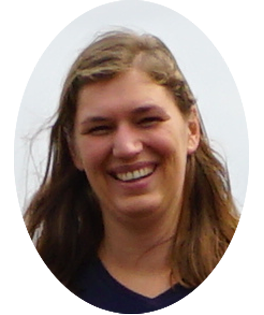
Rhune Van Cleemput
Belgium
The living lab did have a big impact on my vision on Sustainable Development. It was the first time ever for me to be confronted with situations and livelihoods where the lack of Sustainable Development is felt so directly. After all the theory in class, the living lab was an excellent opportunity to apply what we learned in the field. Thereby the different aspects of our interdisciplinary master were combined to approach the region’s sustainable development challenge holistically. Being mainly trained in physical geography and ecology, I for long underestimated the importance of human geography and social sciences in sustainable development. However, the living lab made me realise the core of development and livelihoods is social. It is the socio-economic environment that creates (in)justice, while often the environmental environment is used to exacerbate or facilitate this injustice. Stories of the people of the communities on how ‘the white people came and stole their good fertile land to protect it for the animals, pushing them to marginal poor land’ made me aware of the other side of well intended nature conservation. The biggest impact of the living lab on me I think is that it showed me the importance of integrating the different aspects of a local socio-environmental context, while looking at people, planet and profit from different perspectives, in order to compromise between them and create an equilibrium that fits everyone.



